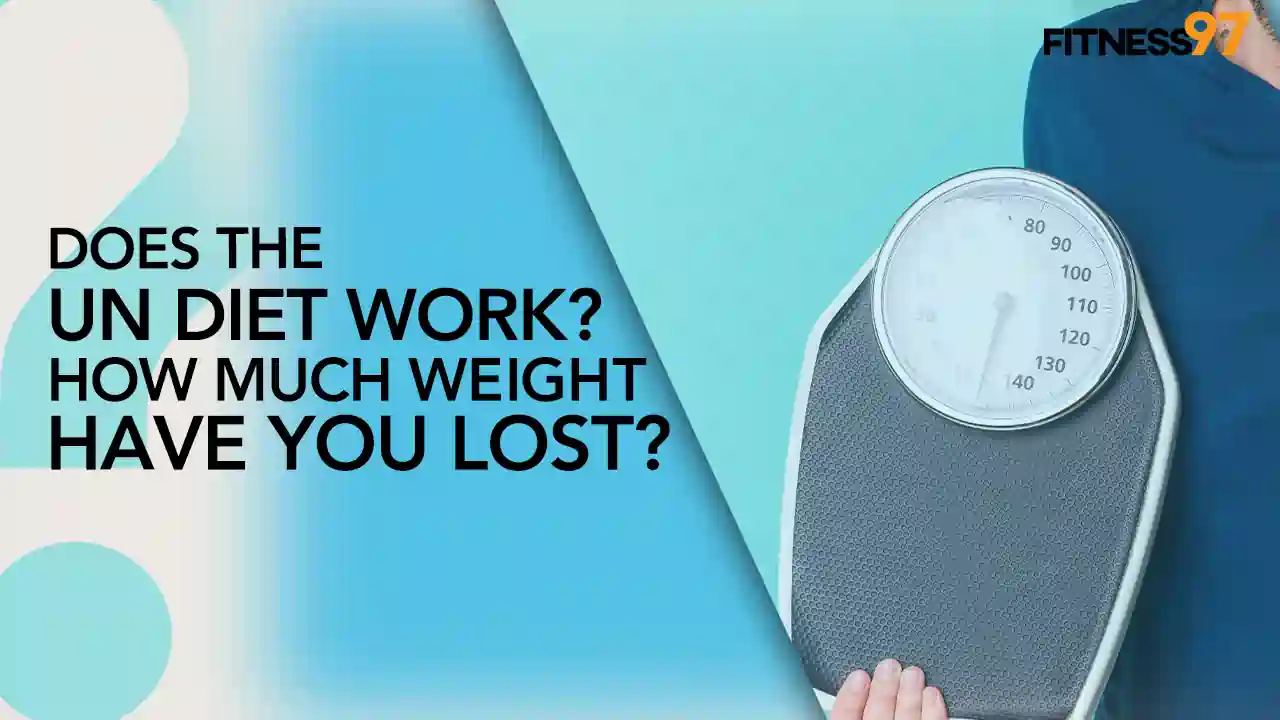In the persistent quest for the perfect body, countless diet trends continue to rise and fall. In recent years, one aspect that has gained momentum is the “un-diet” which promotes a more intuitive and holistic approach to eating. However, one question makes people curious: Is the diet just a passing trend, or does it help in weight loss? This article will explain the concept of the un-diet, and explore its effectiveness in terms of weight loss.
What Is a Non-Diet Approach?
In essence, un-diet is an anti-diet movement that, unlike traditional diets that prescribe strict rules and restrictions, focuses on a more intuitive and mindful way of eating. The diet does not impose severe restrictions or eliminate routine food, instead, it promotes a healthy relationship with food and allows the body to enjoy a wide variety of nourishing foods.
What Is the Principle of Un-Diet?
The Un-Diet emphasizes greatly on mindful eating, eliminating the feeling of deprivation and reducing the likelihood of binge eating followed by strict restrictions. It further challenges the notion that cravings are negative and encourages people to honor their cravings in a balanced way. The Un-Diet promotes self-acceptance, and body positivity, and focuses on nourishing the body with essential vitamins and minerals to support its functions rather than striving for a specific body shape.
Does The Un-Diet Work? How Much Weight Have You Lost?
The Un-Diet works positively but it does not emphasize rapid weight loss, it focuses on achieving a balanced and sustainable lifestyle. However, many people follow the Un-diet approach to experience weight loss as a natural consequence of adopting healthier habits. The Un-Diet can lead to weight loss for many people because of:
Metabolic Balance: The Un-Diet might help in regulating metabolic processes, which may eventually result in weight loss, by supplying the body with nutrient-dense meals and eating in response to true hunger.
Long-Term Sustainability: The Un-Diet is a long-term and easy-to-maintain approach, contrary to restrictive diets. It encourages behaviors you can uphold over time, resulting in slow but steady weight loss.
Improved Digestion: With better digestion, vitamin absorption, and healthy digestion, nutritious foods can help lose weight.
Reduced Emotional Eating: Mindful eating habits can lead to reduced instances of emotional eating, which otherwise contributes to weight gain.
Balanced Hormones: The Un-Diet emphasizes overall wellness, stress management, and sleep which might help in balancing hormones like cortisol and insulin that affect weight.
What Is the Scientific Explanation Behind the Un-Diet Approach?
The scientific studies behind the Un-Diet approach show that mindful eating can cause a reduction in calorie intake and improved eating behaviors. Furthermore, focusing on balanced nutrition and rejecting the dieting mindset, contributes to better psychological well-being and metabolic health.
What Are the Criticisms and Challenges of the Un-Diet Approach?
Despite its uncountable benefits, the Un-Diet also has several challenges and criticisms. Some people argue that the lack of structure might lead to overeating, which makes people struggle with portion control. Others suggest that the Un-diet approach might not yield significant weight loss results, particularly for those with substantial weight loss or specific medical conditions.
Is Un-Diet Really for You?
The Un-Diet approach reports significant improvements in mental health, quality of life, and self-esteem and boosts the overall energy level. Whether the Un-Diet is the right approach depends on your goals, health circumstances, and preferences. By seeking a mindful way of approaching food, and a balanced diet, the Un-Diet’s principles might resonate with you. However, it is recommended to seek professional help before changing your eating habits for a specific weight loss target.
Conclusion
The Un-Diet approach offers a refreshing perspective on health and weight management. However, it may not promise rapid weight loss or drastic transformations, instead, it focuses on mindful eating, holistic well-being, and sustainable habits that can promote both physical as well as mental health and improve the quality of life.













